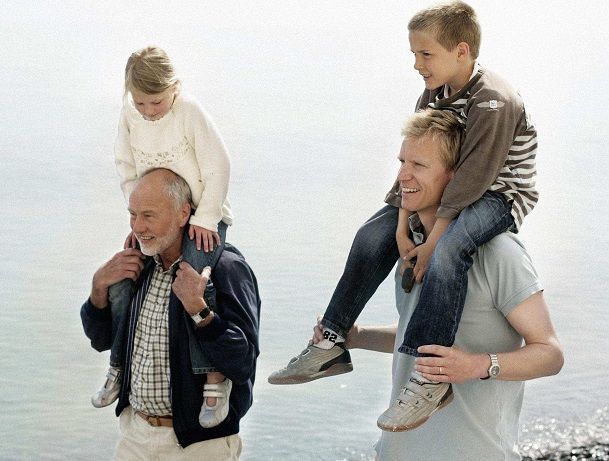The thought of dying obviously doesn’t lend itself to the most endearing of topics, but as Staff Sergeant Barnes says in the epic film ‘Platoon’: “Everybody gotta die some time, Red.”
Perhaps the Danes didn’t get the memo, or maybe they feel immortal living in the happiest country in the world, but the reality is that only 17 percent of them have a will drawn up. That needs to change, and a number of organisations are teaming up to break the taboo with a new initiative called ‘Den Gode Testamente’ (‘The Good Will’).
“Most Danes would benefit from writing a will, but many don’t appreciate that they need one. When we write a will we get the opportunity to influence how our inheritance will be distributed and to pass on the economic and moral values that have meant something in life,” said Ann Marie Panduro, a spokesperson for The Good Will.
“But writing up a will can be a difficult subject to talk about and there are very few who lay out a plan. We really want to change that through information and inspiration.”
READ MORE: More Danish funerals leaving out God
Will and a way
The initiative is born through a co-operation between 31 charitable organisations in Denmark, including Kræftens Bekæmpelse, Folkekirkens Nødhjælp and Dyrenes Beskyttelse.
The group has launched the website detgodetestamete.dk, which will encourage Danes to better consider the future. A national information campaign and free legal counselling are also in the mix.
Giving to charity via their wills is also something the initiative hopes to shed light on. Despite the Danes being among the most generous people in the world in terms of donating to aid organisations, under 2 percent donate to aid organisations with their wills.
In comparison, over 80 percent of Danes have donated to aid organisations over the past year.
“The Danes are a generous people and generally really good at supporting charity, but only a few choose to include a charity in their will,” said Panduro.
“But actually, we see it’s not due to a lack of interest, but that people are just not aware it is an option.”















